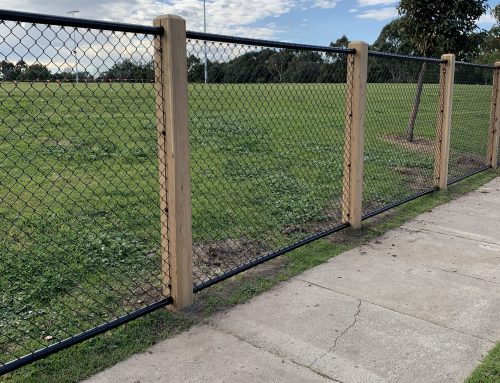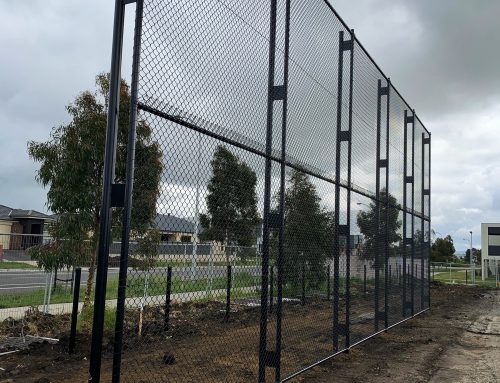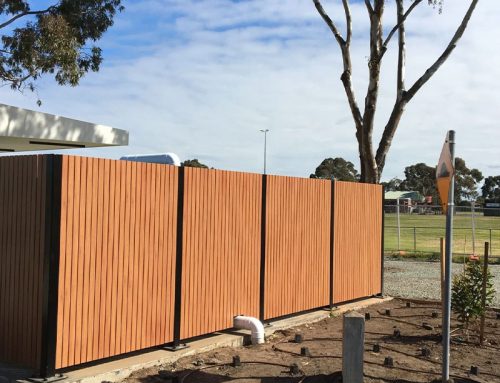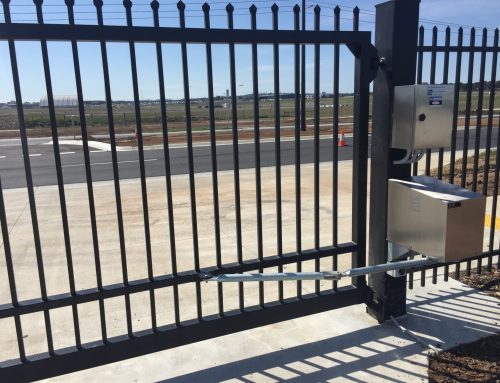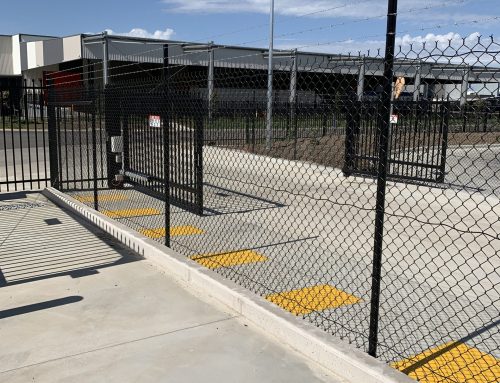Keep Your Livestock Safe With A Proper Electric Fencing
Ammuuuu…That’s what a cow would say, but hear us out, keep on reading and find out what Diamond Fence has to say about electric fencing for a livestock.
Your livestock, whether they are cows, sheep, alpacas or whatever animals, you need to take care of them. If you are a farmer, your livestock is your asset. If you’re not a farmer, but do have some animals as pets for yourself or your children, you still need to think what’s the best way to take care of them. At this stage we’ll concentrate more on the farmer’s livestock as if you do have let’s say few cows or sheep so your children can grow up surrounded by animals, then sometimes it’s enough to put them in a chain link fence as that might get the job done. Installing an electric fence for just a few cows or sheep might not be the necessary. But keep on reading to find out why, what kind, and how to install an electric fence.
Let’s start with the first question: WHY SHOULD YOU INSTALL AN ELECTRIC FENCE?
Well, actually or technically that’s not the first question we should ask. The first one is WHAT IS AN ELECTRIC FENCE? Of course it’s pretty self-explanatory, but we’ll define it anyway. An electric fence is a barrier to keep animals or people from crossing the boundary by using an electric shock. The voltage of the electric shock given by the electric fence can range from discomfort to even death. Obviously the voltage used for livestock is set at the voltage to create just a discomfort and keep the animals away from crossing the electric fence.
Electric fence is not only used for agricultural fencing, but also used in military, prisons, and other security sensitive places.
HOW DO ELECTRIC FENCES WORK? Electric fences are made out of synthetic cord with metal interwoven through it and attached to a steel fence post with a plastic insulator. They are designed to create an electrical circuit, meaning it’s a closed loop that gives a return path to the current.
Now we can ask the question: WHY SHOULD YOU INSTALL AN ELECTRIC FENCE?
Pros of an electric fence:
1. No fence maintenance or repairs cost as high as for a physical fence
2. More discreet than a physical fence and it is suitable for farming areas
3. Electric fence keeps your livestock away from dangerous areas like roads
4. Electric fences help to train your pet to stay in confines of your yard
5. Cost effective fencing solution
As we are talking about the livestock then the pros of an electric fence is the low maintenance and a cheap fencing solution. And of course safety is the number one reason!
Cons of an electric fence (depending on the electric fence type):
1. Constant checking and regulation of the voltage of your electric fence to make sure that it’s not too low so your livestock can run away, or it’s not too hight that it can hurt them.
2. Might need to hire a professional to install your electric fence if you’re not experienced in installation and that might be a significant investment.
3. Occasional wiring issues might be detected that require a professional to come and take a look at it. Again an additional cost.
4. Electric fences don’t operate during the power failure.
Our next question is: WHAT KIND OF ELECTRIC FENCE TO INSTALL?
Firstly you have to decide if the electric fence you’re planning to install is temporary, semi-temporary or permanent as the complexity of the installation depends on that.
Then you have to choose the post types: tread-ins, pigtails, fiberglass post, wooden or steel posts.
Then it comes to choosing the wire: poliwire, tape, braid, steel or galvanized steel wire.
And last, but not least, the energizer type: portable solar, battery energizer, Mains.
And lastly we’ll answer a question: HOW TO INSTALL AN ELECTRIC FENCE?
Once you’ve chosen the material, there are few other things you must consider:
1. Plan your layout
2. Decide how many brace corners your new electrical fence will require
3. Get enough of fence posts
4. Select a charges
5. Get enough of wire
Setting up the fence:
1. Set up the charges
2. Put in grounding posts
3. Attach a grounding wire
4. Install your fence posts
5. Set up braces on the corners of your electric fence, and also the gates
6. Mount the insulators
7. Run the wire
Testing the line:
1. Turn the charger on and charge the line
2. Check the level of the voltage
Then make sure that you check the voltage level constantly and keep the weeds and other shrubs away from your electric fence as it might lead to a voltage lost.
Here you go, something new and interesting compared to our other blog posts about fencing in Melbourne. Diamond Fences is a steel fencing contractor in Melbourne and here to help you out. Maybe not exactly with the electric fencing, but other fencing types like chain wire fencing, tubular steel fencing, welded mesh fencing, Colorbond steel fencing, gate or fencing repairs instead.
Call us on (03) 9753 4566, shoot us an email on info@diamondfence.com.au, or just get a FREE online quote.


